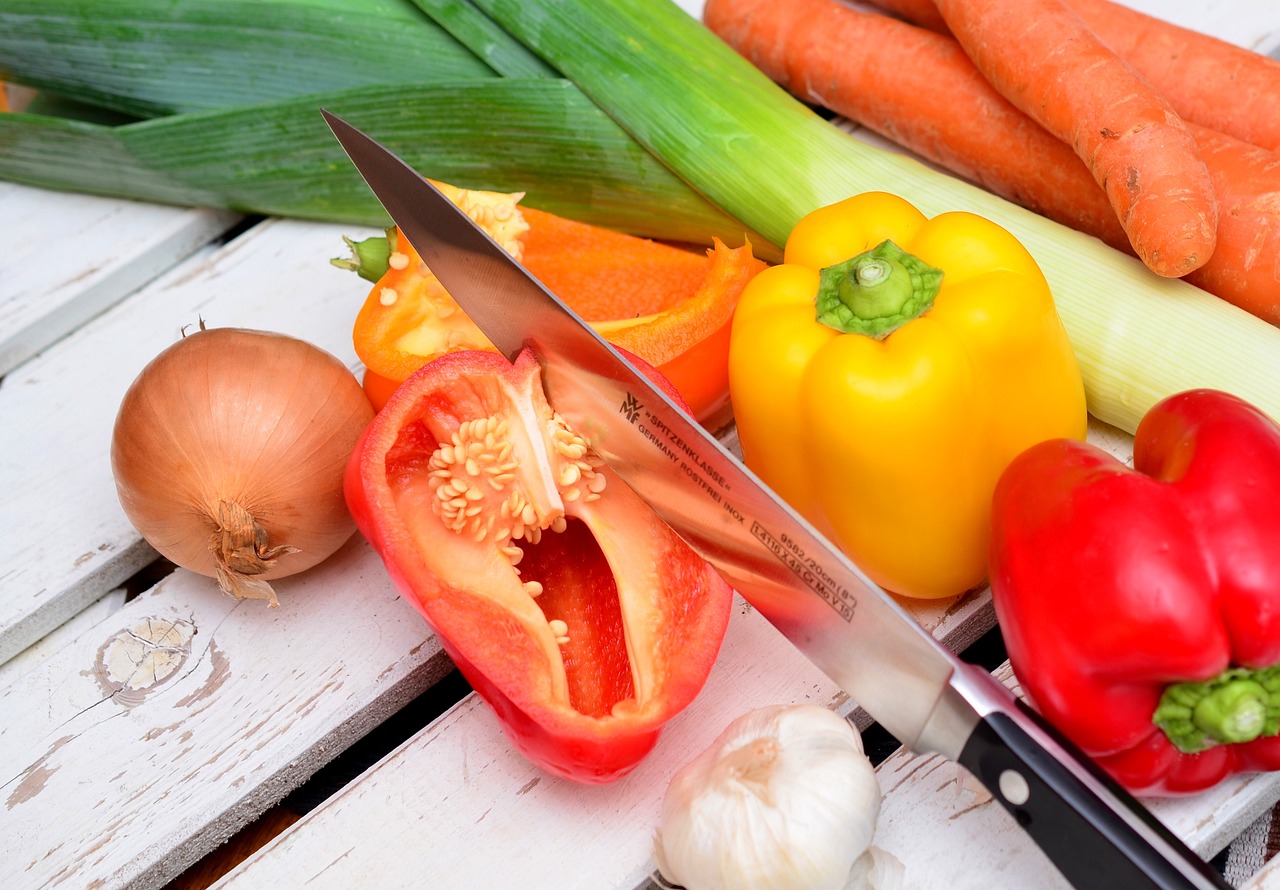The kitchen is often referred to as the heart of the home, but it’s also a place where significant environmental impact occurs. From food production and preparation to consumption and waste, there are numerous opportunities to embrace sustainability in the kitchen. In this blog, we will explore ways to make your kitchen more eco-friendly, from mindful meal planning to reducing food waste.
Mindful Meal Planning: The Foundation of Sustainability
The journey toward a sustainable kitchen begins with meal planning. By taking a thoughtful approach to the meals you prepare, you can reduce food waste, save money, and make healthier choices. Here are some key steps to get you started:
Plan Your Meals: Before you go grocery shopping, plan your meals for the week. Consider what ingredients you already have and create a shopping list based on what you need.
Buy Local and Seasonal: Whenever possible, choose local and seasonal produce. Not only does this support local farmers, but it also reduces the carbon footprint associated with transportation.
Reduce Meat Consumption: Consider incorporating more plant-based meals into your diet. Meat production has a substantial environmental impact, so reducing your meat consumption can make a positive difference.
Portion Control: Pay attention to portion sizes to minimize food waste. Cooking the right amount of food not only saves resources but also encourages healthier eating habits.
Eco-Friendly Cooking Practices
Sustainability in the kitchen isn’t just about what you eat but also how you prepare and cook your meals. Here are some eco-friendly cooking practices to consider:
Energy-Efficient Appliances: Invest in energy-efficient appliances to reduce electricity consumption. Look for ENERGY STAR-rated products when shopping for new kitchen equipment.
Induction Cooking: Induction cooktops are more energy-efficient than traditional gas or electric stoves. They heat the cookware directly, saving time and energy.
Cook with Lids On: When cooking, keep the lids on your pots and pans to trap heat and reduce cooking times.
Use Oven Wisely: Make the most of your oven by cooking multiple dishes at once and avoiding preheating when it’s not necessary.
Water Conservation: Be mindful of water usage when washing dishes. Consider using a dishwasher with an eco-cycle, and fix any leaking faucets to save water.
Reducing Food Waste: A Priority for Sustainability
Food waste is a significant environmental concern. Approximately one-third of all food produced worldwide is wasted, leading to greenhouse gas emissions and resource depletion. Reducing food waste is a crucial aspect of sustainability in the kitchen. Here’s how you can do your part:
First-In, First-Out (FIFO): Organize your fridge and pantry to ensure that older items are used before newer ones. This prevents food from expiring unused.
Meal Prep: Prepare meals in advance and freeze them for future consumption. This reduces the chances of ingredients going to waste.
Composting: Establish a composting system for food scraps and peels. Composting not only reduces waste but also enriches soil for gardening.
Food Preservation: Learn food preservation techniques like canning, pickling, and drying to extend the shelf life of seasonal produce.
Creative Cooking: Get creative with leftovers by transforming them into new dishes. For example, use vegetable scraps to make a flavorful broth or repurpose last night’s rice into a tasty stir-fry.
Sustainable Tableware and Utensils
Make sustainable choices when it comes to tableware and utensils:
Reusable Options: Opt for reusable items like cloth napkins, glass or stainless steel straws, and bamboo or stainless steel cutlery instead of single-use plastics.
Durable Materials: Invest in durable dishware and utensils that won’t need frequent replacement, reducing waste over time.
Wooden or Bamboo: Wooden and bamboo utensils and plates are biodegradable and eco-friendly alternatives to plastic.
Mindful Consumption and Portion Control
Practicing mindful consumption not only reduces food waste but also encourages healthier eating habits. Here’s how you can incorporate it into your kitchen routine:
Serve Smaller Portions: Start with smaller portions and seconds if needed. You can always go back for more.
Slow Down: Eat mindfully, savoring each bite. This reduces the chances of overeating and wasting food.
Leftovers Planning: Plan meals that intentionally create leftovers, which can be used for lunch or dinner the following day.
Sustainable Grocery Shopping
Your sustainable kitchen journey extends beyond your home. Consider the following when grocery shopping:
Reusable Bags: Bring your reusable shopping bags to reduce plastic waste.
Bulk Buying: Purchase items like grains, nuts, and spices in bulk to reduce packaging waste.
Avoid Excess Packaging: Choose products with minimal or recyclable packaging.
Embracing sustainability in the kitchen is not only environmentally responsible but also cost-effective and health-conscious. By adopting mindful meal planning, eco-friendly cooking practices, reducing food waste, and making sustainable choices for your tableware and utensils, you can create a kitchen that nurtures your well-being and the health of the planet. Your efforts, no matter how small, contribute to a more sustainable future, one meal at a time.
